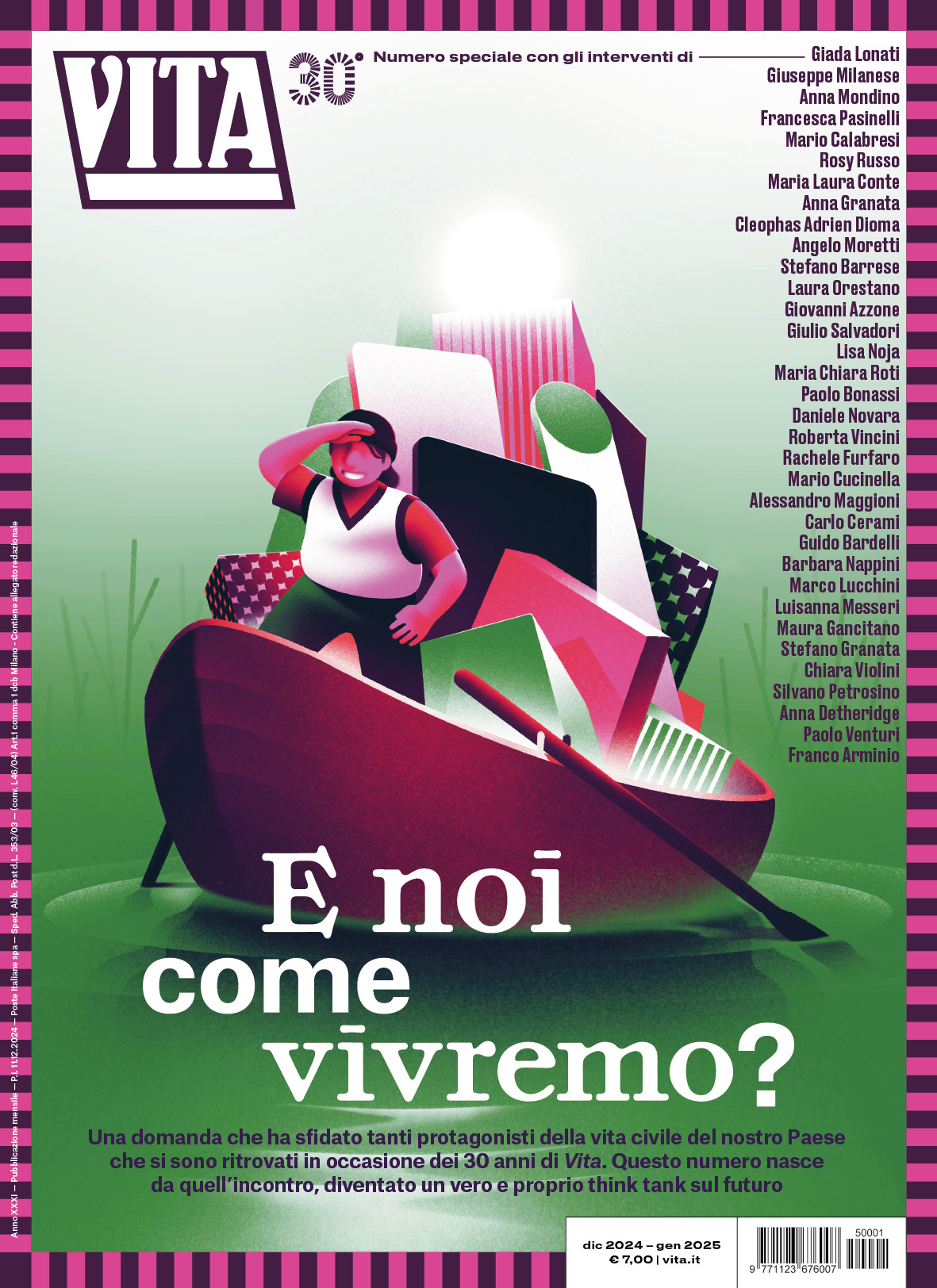Switzerland: Refugees within borders find a voice
The IDP voices website is a joint venture of the Internal Displacement Monitoring Centre and the Norwegian Refugee Council that gives voice to the lived experiences of IDPs
The number of international refugees worldwide has fallen significantly in recent years, according to Amnesty International reports (see Amnesty International, 2006 report). However the figures often hide the complexity of a phenomenon that in development jargon is known as internal displacement. Someone who has been internally displaced is someone who has been forced to leave their home for reasons such as religious or political persecution, war or natural disaster Unlike refugees, internally displaced people, or IDPs, have neither a legal definition nor a legal status, and they are not technically refugees until they cross an international border.
Although it is hard to quantify the number of IDPs, the Internal Displacement Monitoring Centre (www.internal-displacement.org) estimates that as of December 2006 there were approximately 24.5 million IDPs in 52 countries, Sudan and Columbia ranking as the countries with the highest number of IDPs.
The IDP voices website (www.idpvoices.org) is a joint venture of the Internal Displacement Monitoring Centre (IDMC) and the Norwegian Refugee Council that gives voice to the lived experiences of IDPs. At present the country in focus is Columbia.
Within the website?s pages you will find the oral testimonies of Columbian people who have experienced displacement first hand. People like fifteen year old Mileinis, forcibly displaced from La Gabarra in North Santander to Los Santos and Lebrija, Santander, who remembers that ?we were playing and my mother was selling refrigerators, my mother was told that we had to leave town because she had been accused of being a guerrilla commander?s lover, or something like that ? my mother finished selling the refrigerators and we got ready to leave ??.
Juan was separated from his parents at 11 by ?threatening people? who told him that the land that his family was occupying was not theirs and that they had to leave. ?They began to massacre people, to mistreat them, as if they were animals. There was no choice left for people but to flee. Helicopters appeared in the sky, shooting? says Juan, who is now 20 years old ?we asked ourselves why all this was happening: we didn?t have anything to do with the things that were going on. People fled running: fathers lost track of their children; children lost track of their fathers. Everyone had to fend for themselves, to flee death?. Juan was displaced from the Jiguamiandó river basin, Chocó to Chigorodó, Antioquia, and later returned to the collective territory of the black community in the humanitarian zone of Pueblo Nuevo.
These are but two of the harrowing tales that can be read on IDP voices, who, with the help of the IDMC and with Panos London have developed an oral testimony methodology to collect these individual testimonies in a way capable not only of demonstrating the devastating impact of displacement but that could also prove a useful means of complementing baseline surveys and needs assessments that are standard practices in development project management.
Jens-Hagen Eschenbaecher, head of IDMC explains that the testimonies are aimed at adding an important new dimension to the way agencies plan projects to assist the internally displaced. “We read many documents and listen to speeches about taking the views of IDPs into account when developing policies, but organisations have struggled to make that happen,” he says. “What is always missing is the individual voice. This has been the long-standing gap.”
Cosa fa VITA?
Da 30 anni VITA è la testata di riferimento dell’innovazione sociale, dell’attivismo civico e del Terzo settore. Siamo un’impresa sociale senza scopo di lucro: raccontiamo storie, promuoviamo campagne, interpelliamo le imprese, la politica e le istituzioni per promuovere i valori dell’interesse generale e del bene comune. Se riusciamo a farlo è grazie a chi decide di sostenerci.
